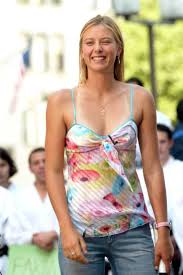In the fall of 1993, Bob Dylan—rock legend, poet laureate of the counterculture, Nobel-bound icon—was at a crossroads. His recent albums had been met with lukewarm reception, critics murmured about fading brilliance, and fans quietly wondered if the fire that once set Greenwich Village ablaze had finally dimmed. Then came The Supper Club.
On November 16, 1993, Dylan performed two intimate sets at this small New York venue, and what unfolded has since become mythic among diehard fans and music historians alike. These weren’t grand stadium performances or overly polished studio sessions. This was Bob Dylan, raw and reborn, performing with an acoustic band and a kind of haunting sincerity that hadn’t been heard in years.
Stripped of the arena trappings and backlit by warm, moody lighting, Dylan revisited his roots. The folk ballads, blues numbers, and dusty classics came alive with fresh urgency. His voice—raspy, road-worn, and utterly human—sounded less like a fading star and more like a weathered prophet rising from the ashes of his own legend.
This wasn’t just a good night for Dylan—it was the night. Many now view The Supper Club shows as the unofficial beginning of his artistic resurgence, leading directly to his critically acclaimed Time Out of Mind (1997) and eventually to his Nobel Prize in Literature two decades later.
Though the performances were never officially released (a crime in the eyes of many), bootlegs continue to circulate like sacred relics. Fans dissect every pause, every harmonica solo, every weary smile between songs. Because on that stage, Bob Dylan didn’t just perform—he returned. Not as the young protest singer or electric rebel, but as a man who had walked through the fire and still had songs to sing.
In an era obsessed with reinvention, Dylan didn’t reinvent—he remembered. The Supper Club wasn’t about flashy comebacks. It was about rediscovering the essence of a genius who had always been there, waiting for the right room, the right moment, and the right mood.
And on that November night, under low lights and hushed reverence, the genius was saved—not by spectacle, but by song.






